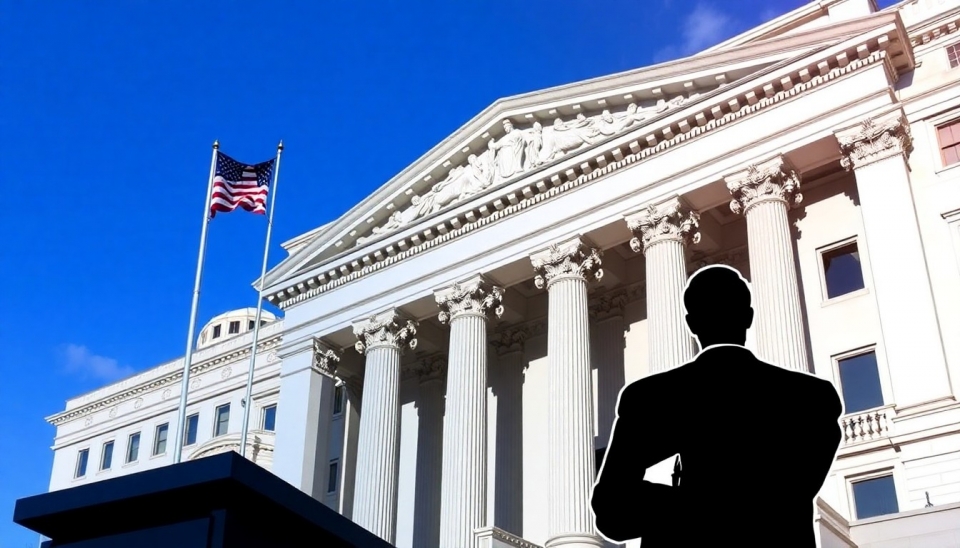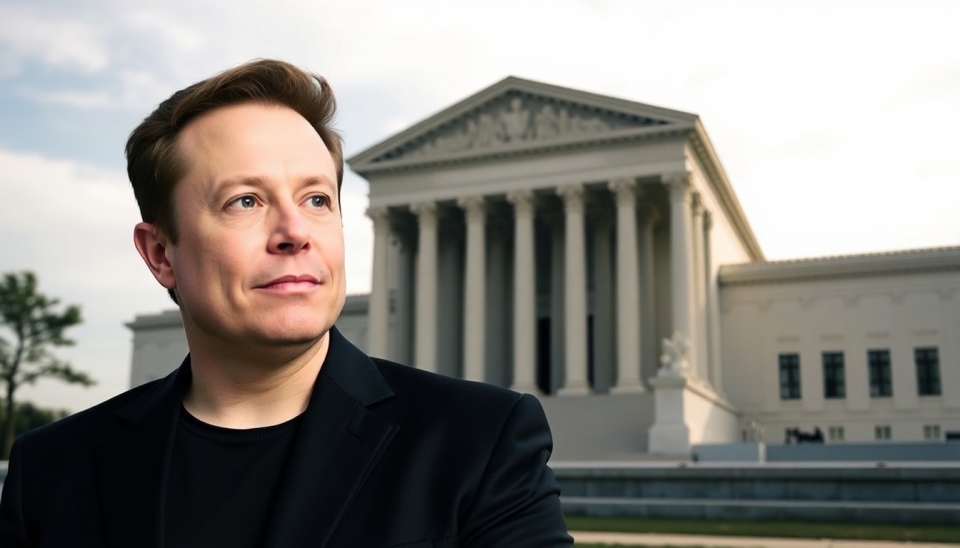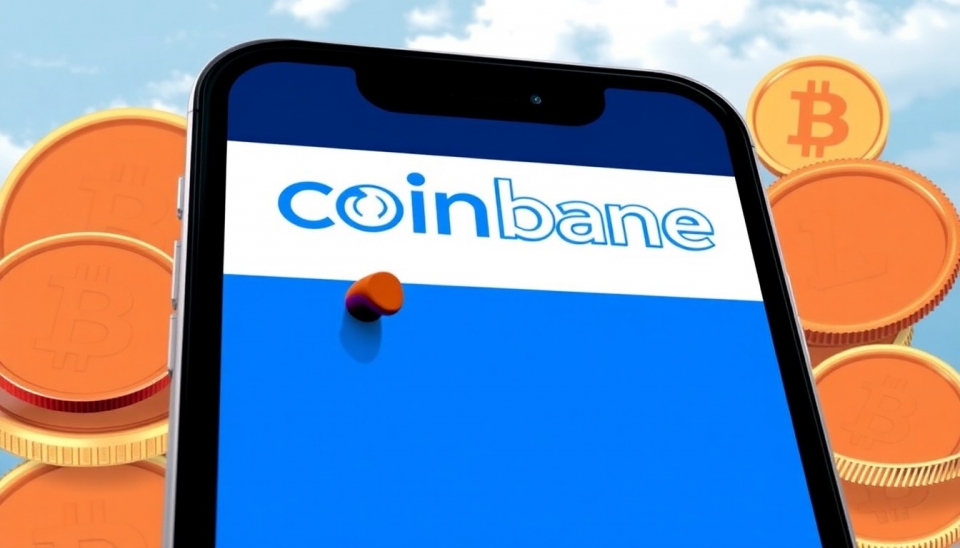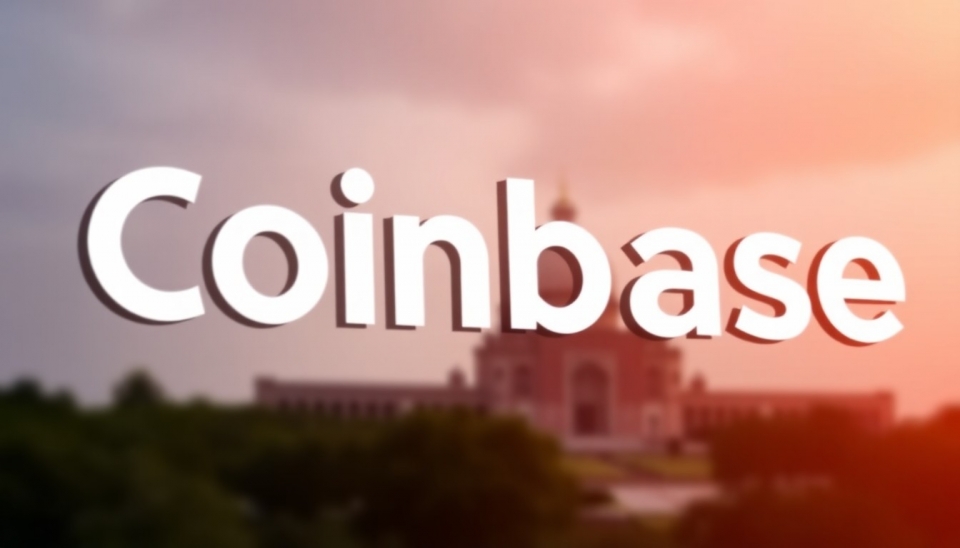
In a bold move aimed at reshaping the future of finance in the United States, Coinbase, one of the largest cryptocurrency exchanges, has urged the U.S. government to dismantle regulatory obstacles that hinder banks from providing cryptocurrency-related services. This initiative comes as the cryptocurrency market continues to mature, with traditional financial institutions increasingly recognizing the need to integrate digital assets into their offerings.
Brian Armstrong, the CEO of Coinbase, made a compelling case that banks should be allowed to offer cryptocurrency services without facing overly stringent regulations. He emphasized that such hurdles not only stifle innovation but also restrict consumers from accessing valuable financial products. In his remarks, Armstrong noted that the current regulatory framework often limits banks' willingness to engage with cryptocurrencies, ultimately impeding the growth of the sector.
The call for regulatory reform coincides with broader global trends, as many countries are moving towards adopting more favorable policies regarding cryptocurrency. By contrasting these international developments, Coinbase aims to position the U.S. as a leader in the burgeoning digital currency space rather than a laggard.
Armstrong's appeal highlights several areas where he believes the government can facilitate a more crypto-friendly environment. This includes clarifying the legal status of cryptocurrencies, providing a clear framework for the classification of digital assets, and encouraging banks to develop and offer innovative financial products that integrate blockchain technology.
Coinbase's initiative is not just a call to action for the government; it also serves as a warning to regulators that overly stringent policies could drive innovation and investment away from the U.S. and towards more accommodating jurisdictions. This concern is particularly relevant given the rapid advancements seen in cryptocurrency technology and the increasing demand from consumers for accessible crypto services.
Moreover, many financial experts believe that allowing banks to engage more fully in the cryptocurrency space could enhance security and reliability, protecting consumers from potential risks associated with dealing directly with cryptocurrency exchanges. By leveraging established banking practices, the integration of crypto services could lead to a safer environment for users and investors alike.
With the ongoing evolution of the financial market and the growing acceptance of digital currencies, Coinbase's call for action is timely. As the landscape changes, the U.S. government faces the challenge of balancing consumer protection with the desire to foster innovation in the financial sector. It remains to be seen how policymakers will respond, but the pressure is mounting for them to recognize the potential of cryptocurrencies and adapt regulations accordingly.
In conclusion, Armstrong's statements suggest a pivotal moment for cryptocurrencies in the U.S. financial system. The prospect of united efforts between the government and private sector leaders like Coinbase could herald significant changes for how digital assets are treated in the increasingly digital economy.
#Coinbase #CryptoServices #Blockchain #Banking #RegulatoryReform #DigitalAssets #Cryptocurrency #FinanceInnovation
Author: John Miller




